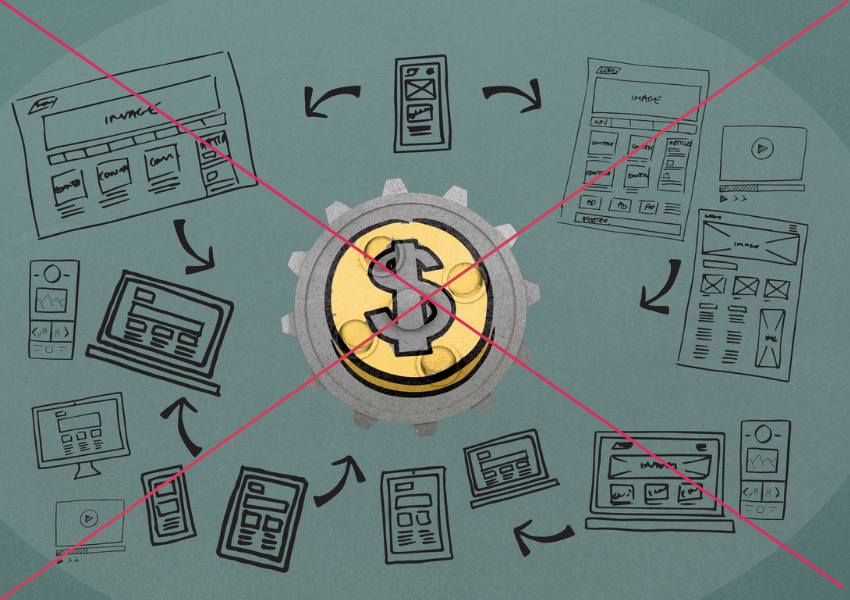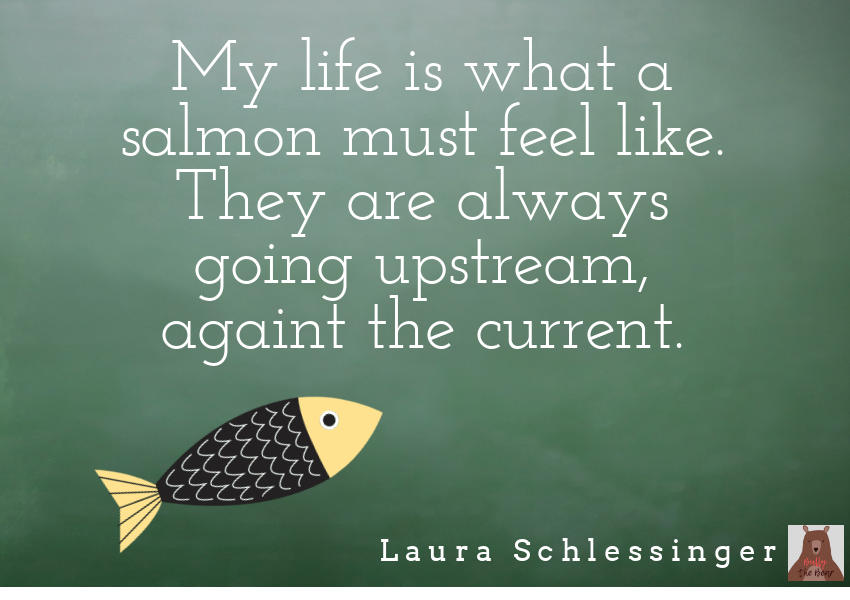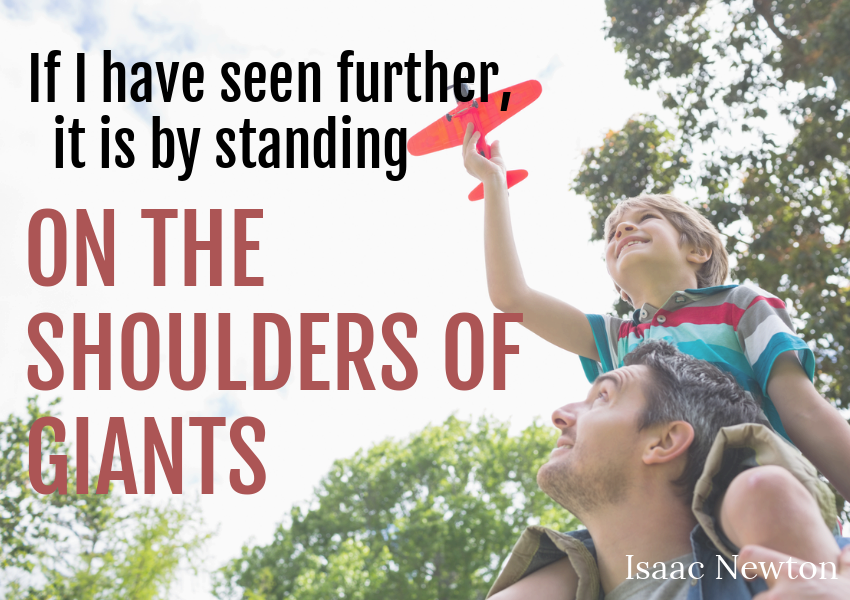Ever since I resumed blogging this year, I have been quite disciplined in writing. Each article takes about 1 to 2 hrs time to write, edit and essentially just be ready for publishing. This doesn't include time to brainstorm for articles. Hence, you can see it requires a certain discipline to churn out consistently. I'm trying to hit about 2 articles per week, usually published on a Monday and a Thursday to spread them out.
The writing and editing is the easy part of the job. What's the hardest part? It's to come up with ideas to write on. And for this kind of creative process, you can't just set a goal and say I want to come up with 10 great ideas by this week. It just won't happen this way. It can't be forced like that. Some days you are wet with ideas, and some days you are just dry as a bone. In the past, whenever I felt that I have a brilliant blogging idea, I'll just leap up and type out a draft straight away. But these days, being busier, I have to quickly jot it down digitally before I self-censor or forget about what I wanted to say.
Self-censorship during blogging is very real. There are so many drafts stored in my blog that failed to publish because halfway during the writing, I decided that it's not worth my readers' time (or my time to write). The article is either too lame or just too painful to flesh it out. These will go straight to the bin. If I keep doing that, it'll be a phenomenon known as writer's block. I read a book that says that to fight this ailment, we just have to keep writing and stop the self-censorship. Oh, and having a routine helps too so that the brain knows that say, after drinking a cup of coffee in the morning, it's time to do some writing. After a series of really lame and bad blog articles, something fresh and unique will (usually) appear. Then we can proceed from there. If I have no bad ideas at all, I think I haven't tried hard enough. There is a saying that an expert fails more times than a newbie had tried. Or a Chinese expert ate more salt than the rice a newbie ate. You get what I mean.
Over the years, I found that the drier periods usually coincide with days when I didn't have time to read. I think reading is a habit that keeps on giving and compounding throughout my life, and in this case, it helps tremendously in blogging as well. Reading is like brain food. If you don't eat food, you don't have energy. If you don't read, you don't have materials to write. As simple as that. My main brain food is reading. I think for others, it could be podcast or youtube or people that you meet up. Whatever floats your boat, man.
 |
There is a certain sense of freedom in not caring about personal branding
and to simply blog without an agenda. It's like financial freedom, but on blogging. |
To streamline the work process for blogging, I came up with the following steps:
1) Read daily and consistently to get ideas. The goal of 52 books per week still stands after all these years. In addition to that, I am also getting warmed up to the idea of audiobook summaries and podcast during transit times. Book summaries (I'm using Blinkist) are just summaries of books that are condensed into less than 10 pages. I used this service to get the main ideas of books (especially those themes that I normally wouldn't read) and if I really like it, I'll read the book from cover to cover.
2) As soon as a blogging idea comes up, note it down. I am using Google keep because it allows me to sync between desktop and mobile phone, but it can be any other note-taking app. I prefer digital app because of the syncing, and also because while I don't always have a pen and paper with me, I am very likely to have my mobile phone with me at all times. Since I wanted to write 2 articles per week, I need to have at least 2 ideas added per week to my note-taking app.
3) If I know in advance that I have a block of time (roughly 30 mins), I start to flesh out the ideas noted down in the previous point. This need not have to be free, undisturbed time. I can write while waiting for food or any other such times. Being a parent means free time is a luxury, so sometimes I'll have to multitask and flesh out articles when watching my child watch cartoons, for instance. It's not ideal, I know, but hey, not every minute spend with family is quality time. 2 to 3 such sessions of 30 mins each should be sufficient to flesh out an article. Unless I'm doing a creative post, like writing poems, or short stories, then it might take a very very long time. But it's fine because then, I'll be having lots of fun :)
4) Since I'm writing way ahead of self-publishing deadline, usually a week ahead, I have the time to edit and add some pictures. My picture quality can be improved, I know, but currently, my addition of picture within the article is simply to break up the passage into digestible chunks for easier reading. There are many should-haves regarding pictures - I could have selected more relevant pictures, arranged and edit more attractive ones etc. In fact, I have a grand plan to include my own drawings or illustrations, but it might add an extra hour or two. We shall see how that ambition goes. I've always wanted to do a long term project like drawing something every day and see where that takes me. But I'm afraid it might be too much of a commitment right now. KIV.
5) Publishing. I know some days are better for publishing than other days. Heck, even some timings are better than others. So far, from trial and error, it seems that the best timing is just after lunch. I guess a lot of people just returned from lunch and still getting their gears warmed up before starting work. So they will check their social media platforms to procrastinate a little. I don't know, it's just a wild but reasonable guess. It's not very important also, because these days, this blog is not written with the aim of making ad revenue, or for exposure, or fame. I'm not slamming people who are doing that, and personally, I've done that before too. It's just that at this stage in life, I don't need this anymore. I just want to consolidate my thoughts, gift aways some ideas and maybe, receive ideas in return. The plus point is that I can also freaking write whatever the crap I want to with nary a care about my 'branding', hahaha
That's all folks, enough of this meta-post on blogging about blogging. Live long and prosper.














